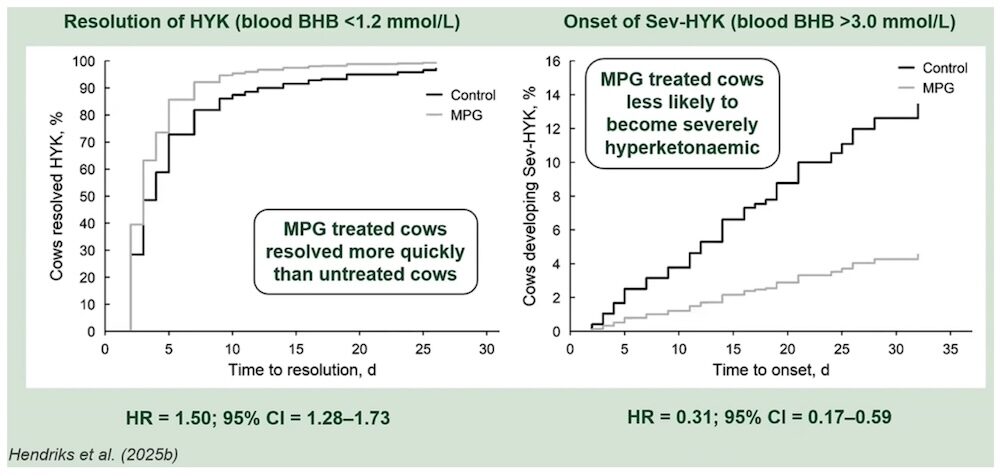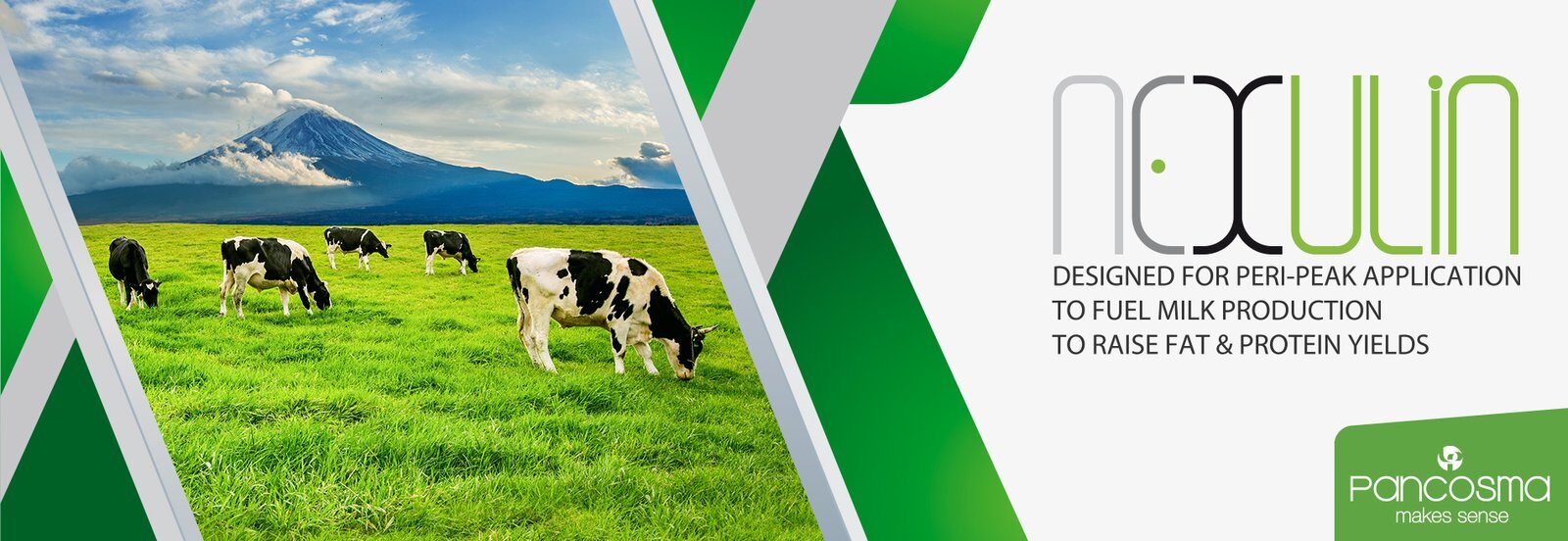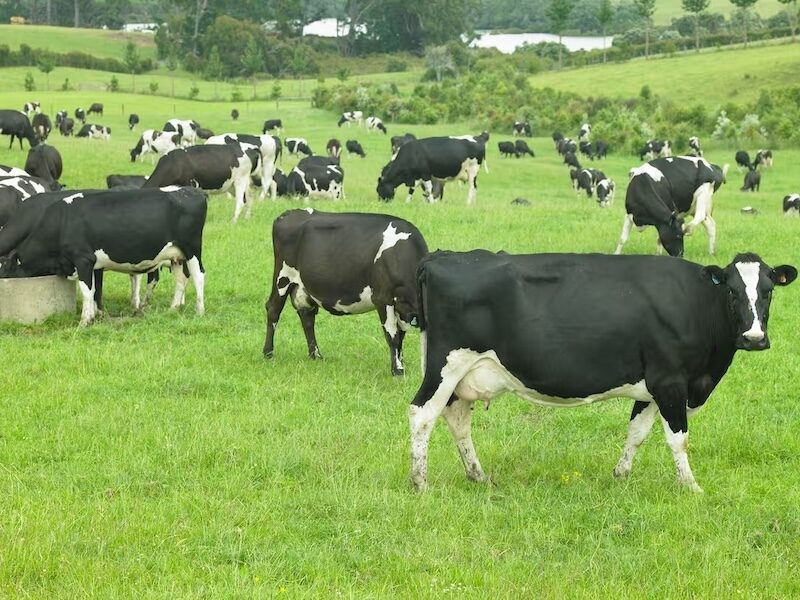Feeding for Flexibility: NEXULIN® and LIPOEN+® Help Dairy Cows Cope with Early Lactation Stress
Improving metabolic flexibility. A dairy cow’s ability to adapt energy use to meet shifting demands is becoming a foundation of modern herd management. Cows that adapt more efficiently to energy deficits early in lactation tend to be healthier, more productive, and less prone to metabolic disorders like ketosis.
New nutritional strategies using functional feed ingredients are now offering ways to enhance this flexibility by supporting glucose allocation and reducing metabolic stress, all without relying on labour-intensive treatments like drenching. Two promising tools in this space are NEXULIN® a rumen-protected capsaicin and LIPOEN+®, a rumen-protected monopropylene glycol (MPG) supplement, both of which can be added to feeds.
NEXULIN®: A Natural Aid for Metabolic Efficiency
A recent trial on a New Zealand dairy farm investigated the effects of feeding lactating Holstein cows with rumen-protected capsaicin – NEXULIN®, the active compound in chilli peppers. The study focused on the critical first 100 days of lactation, a period of intense metabolic strain when the cow must produce large amounts of milk while managing energy deficits.
Key Findings:
- Higher Milk Yields: Cows receiving NEXULIN® produced more milk and more milk solids (fat and protein) following peak lactation.
- Lower Ketosis Risk: Fewer cows showed signs of subclinical ketosis, a metabolic disorder caused by poor glucose availability.
- Stable Body Weight: Despite higher milk output, treated cows-maintained body condition, indicating improved energy efficiency.
These outcomes suggest that NEXULIN® enhances nutrient partitioning, allowing cows to produce more milk without dipping into body reserves.
Why It Works: Insulin Modulation and Glucose Sparing
In early lactation, cows naturally become insulin resistant, a physiological adaptation that prioritises glucose delivery to the mammary gland rather than muscle or fat. However, excessive insulin can backfire, suppressing liver gluconeogenesis and redirecting glucose away from milk production.
Capsaicin appears to modulate insulin secretion, allowing the cow to spare more glucose for lactose synthesis, which drives milk volume. This supports metabolic efficiency, reduces the risk of ketosis, and improves overall lactation performance.
LIPOEN+: Targeted Support for At-Risk Cows
Alongside functional ingredients like NEXULIN®, traditional strategies for ketosis prevention remain highly relevant. One such approach is supplementation with monopropylene glycol (MPG), a glucogenic precursor that supports liver glucose production during energy deficits.
LIPO-EN+ is a feed supplement that delivers rumen-protected MPG, allowing for effective support via the diet, eliminating the need for labour-intensive oral drenching. This makes it an efficient tool for managing high-risk cows at calving or early lactation.
The Ketosis-Reproduction Link
A DairyNZ review of ketosis in the national herd found that up to 11% of cows are unable to adapt their energy metabolism at calving, resulting in severe hyperketonaemia (HKY). These cows are more prone to reproductive failure and lower milk performance. The review also noted that cows treated with MPG-based products—especially early—were less likely to remain in a state of severe HYK.

When used strategically—NEXULIN® for enhanced partitioning and LPIO-EN+® for direct glucose support these tools offer an effective, practical way to reduce metabolic stress and optimise dairy performance during the most demanding time of the year.


